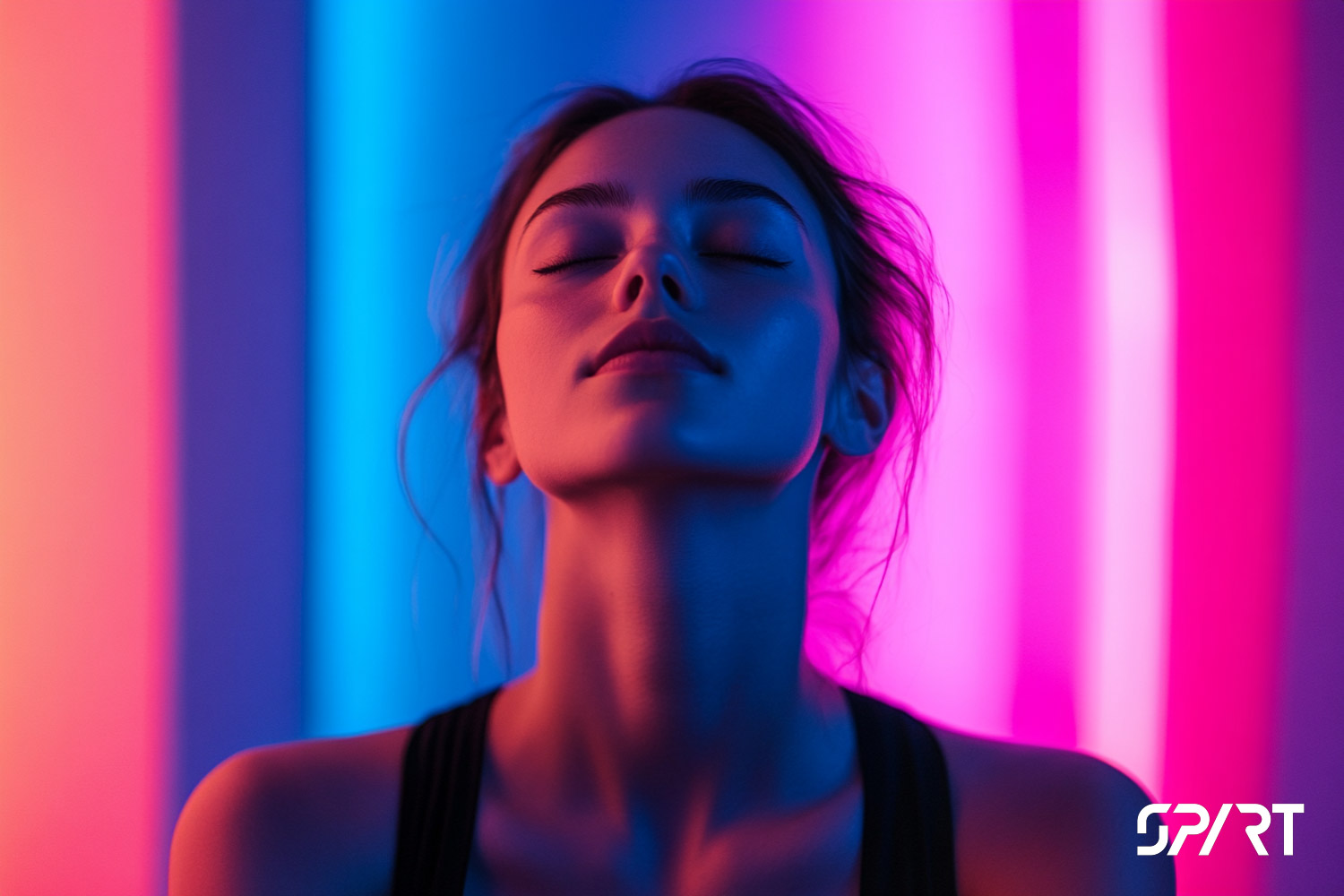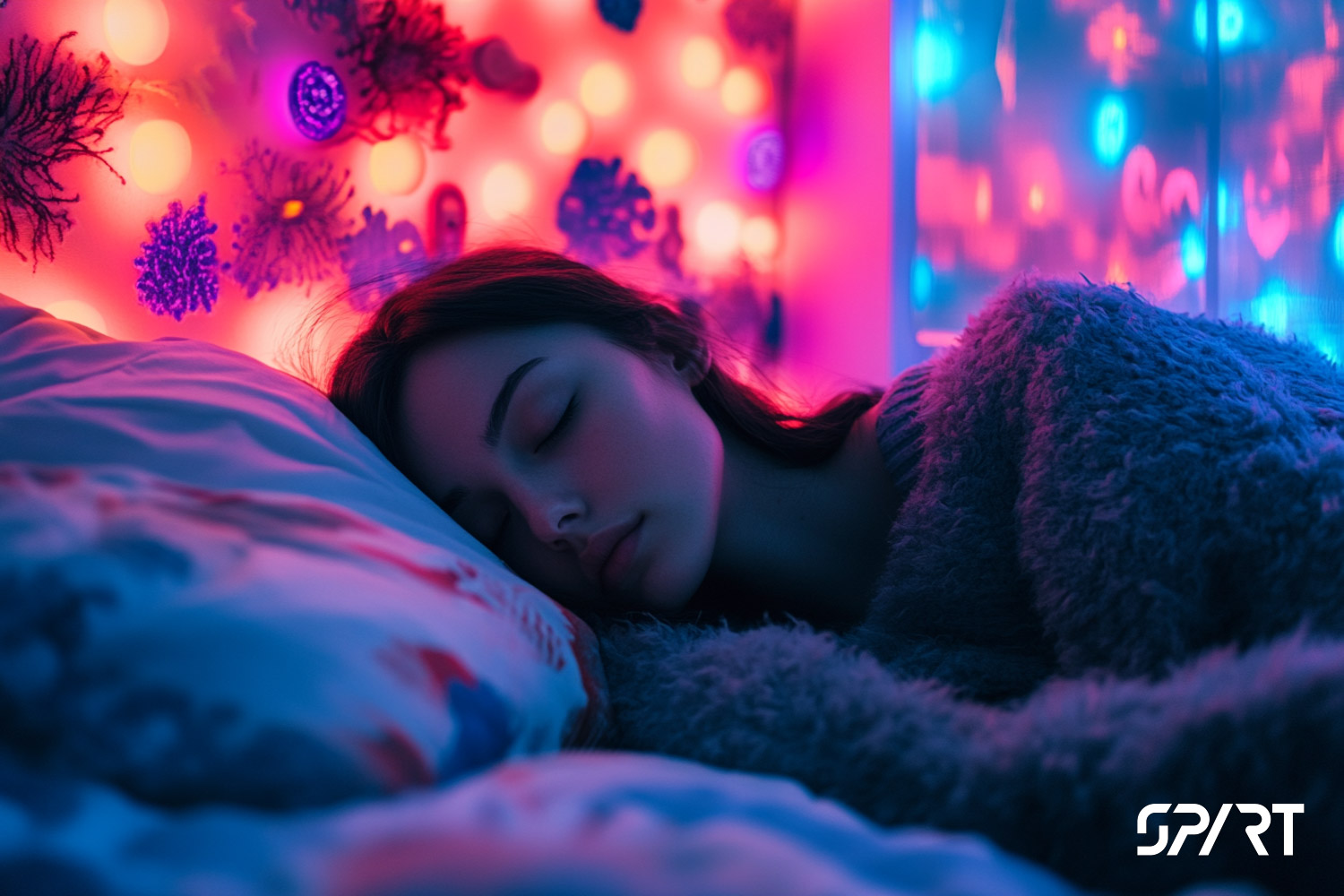Avec la digitalisation de notre quotidien, nos yeux sont plus que jamais exposés à la lumière bleue des écrans. Smartphones, tablettes, ordinateurs et télévisions font partie de notre environnement, soulevant des interrogations sur leur impact sur la santé visuelle. Mais que disent vraiment les experts ? Décryptons le vrai du faux.
1. La lumière bleue fatigue les yeux
✅ Vrai !
Les écrans émettent une quantité importante de lumière bleue, une onde lumineuse à haute énergie qui pénètre en profondeur dans l'œil. Une exposition prolongée peut entraîner une fatigue visuelle, appelée syndrome de vision informatique (SVI), avec des symptômes comme des yeux secs, des maux de tête et une vision floue.
2. La lumière bleue est responsable de la dégradation de la rétine
❌ Plutôt faux !
Si certaines études en laboratoire ont montré que des expositions intenses à la lumière bleue peuvent endommager les cellules rétiniennes, les niveaux d'exposition des écrans du quotidien restent bien en-dessous du seuil de dangerosité. En comparaison, la lumière bleue du soleil est beaucoup plus puissante.
3. La lumière bleue perturbe le sommeil

✅ Vrai !
L'exposition à la lumière bleue le soir supprime la production de mélatonine, l'hormone du sommeil, retardant l'endormissement et altérant la qualité du sommeil. C'est pourquoi il est conseillé de limiter l'utilisation des écrans au moins une heure avant le coucher ou d'utiliser des filtres anti-lumière bleue pour mieux dormir. Oui, on sait, c'est dur d’éteindre tous ses écrans avant minuit, mais votre cerveau vous remerciera !
4. Les lunettes anti-lumière bleue sont efficaces
✅ Partiellement vrai.
Les lunettes filtrant la lumière bleue peuvent réduire la fatigue visuelle, mais leur efficacité sur la qualité du sommeil et la prévention des dégâts rétiniens reste controversée. Elles sont surtout utiles pour les personnes passant de longues heures devant un écran.
5. Il existe des solutions pour préserver sa vue face aux écrans

✅ Vrai !
Adopter de bonnes habitudes permet de limiter les effets nocifs de la lumière bleue :
- Appliquer la règle du 20-20-20 : toutes les 20 minutes, fixer un objet à 20 pieds (6 mètres) pendant 20 secondes (même si c’est juste pour fixer la plante verte du bureau)
- Régler la luminosité et le contraste des écrans
- Utiliser des modes "confort visuel" ou "lumière nocturne"
- Cligner régulièrement des yeux pour éviter la sécheresse oculaire
La lumière bleue des écrans n'est pas intrinsèquement "mauvaise", mais une exposition excessive peut affecter le confort visuel et le sommeil. L'idéal est d'adopter des mesures préventives pour réduire la fatigue oculaire et favoriser un sommeil réparateur. Ne jetez pas vos écrans par la fenêtre, mais utilisez-les avec modération !
Par Candice Lhomme




















